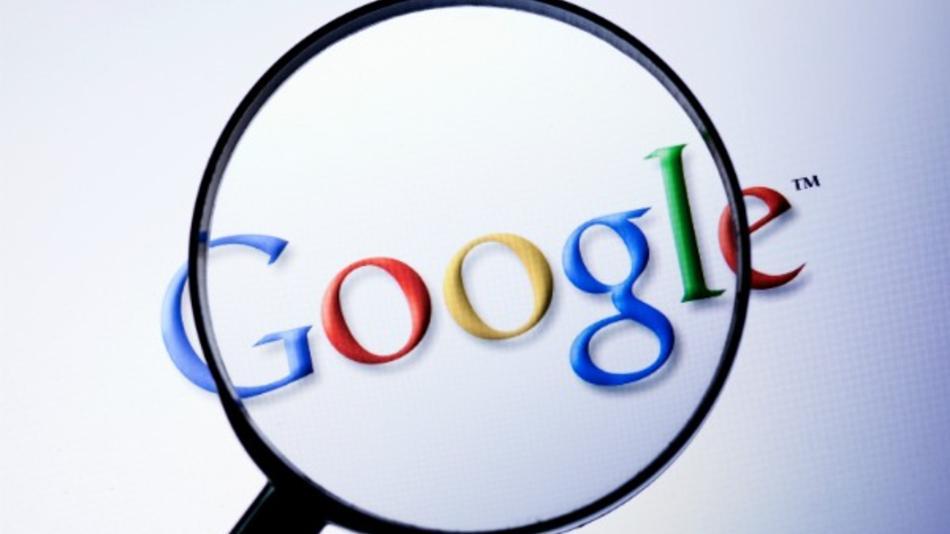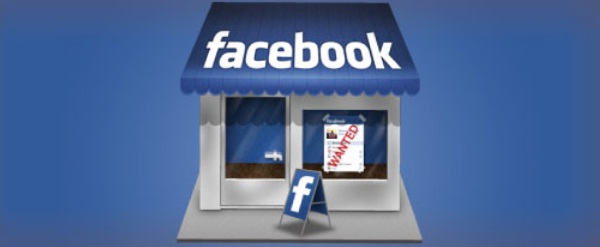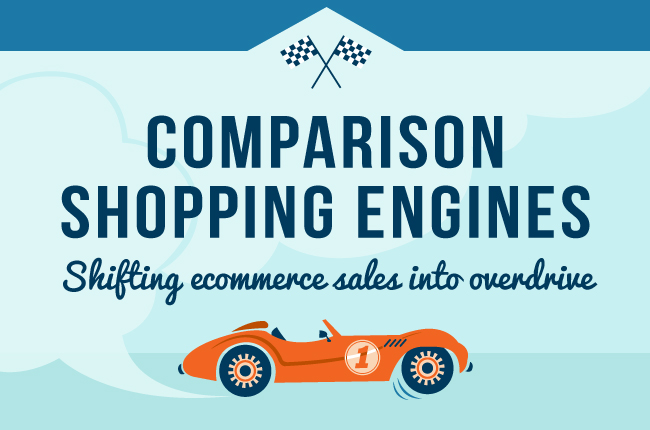Posts Tagged: retail
How Comparison Shopping Engines Are Innovating – Retail Spokes Blog
I always get into an argument with a friend who works at a first generation Comparison Shopping Engine (CSE). My opinion that CSEs need to do much more than just provide price comparisons does not fare well with him. His mantra – “Get shoppers in and out as quickly as possible and run with your cut”. Until recently, no one seemed interested in engaging shoppers, or providing better experiences. But, what my friend doesn’t realize is that the CSE world is changing. What was once considered taboo is soon going to become a hygiene factor. And, new breed of Comparison Shopping Engines are leading the charge to see about this change.
Decline of Comparison Shopping Engines – Retail Spokes Blog
Comparison shopping or ability to compare prices was (and to a large extent continues to be) one of the greatest innovations since the advent of internet shopping. Why? Because it put shoppers in control of the single most important shopping insight – ability to find the best price. So, understandably, comparison shopping engines (CSEs) were once a rage. But, they are constantly losing their clout with advent of new technologies and pressure from players like Google and Amazon. Here are some of the factors that are taking away CSE traffic:
Search engines are investing on their own shopping platforms
Google and Bing continue to evolve their own product search platforms. In addition to standard product information, they are enriching product pages with content like product reviews, videos and related products. There is a clear conflict of interest when it comes to product related search results. And, guess who wins? It is definitely not CSEs.
via Decline of Comparison Shopping Engines | Retail Spokes – Online Retail Focused Content Solutions.
Price Consistency Across Channels – Absolutely Important! – Retail Spokes Blog
I recently got my hands around a report from Forrester Analyst Sucharita Mulpuru titled “Higher Prices In Your Stores: OK Or Not? How Consumers React When Store And Web Prices For An Item Differ”.
In today’s socio-economic environment, it is common sense that shoppers are increasingly frugal and aware of their options when it comes to opening up their wallets. Retailers understand this trend and have come to realize that this is not a recession specific phenomenon. We may be out of recession, but shopper attitudes have not changed. Almost everyone shops around and compares prices across different channels. This has led to a rush towards consistent multi-channel experience.
But, this Forrester report paints a completely different picture. It suggests that having different prices across channels is not an issue, and retailers should rather focus on things that are more important!?!?









